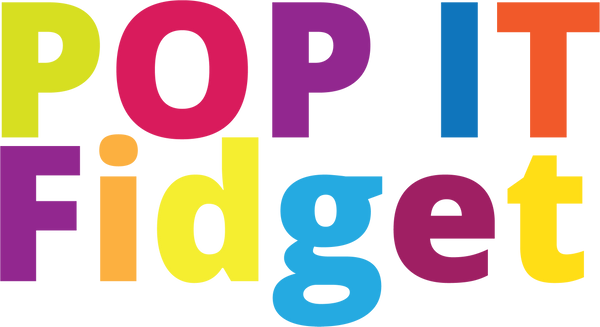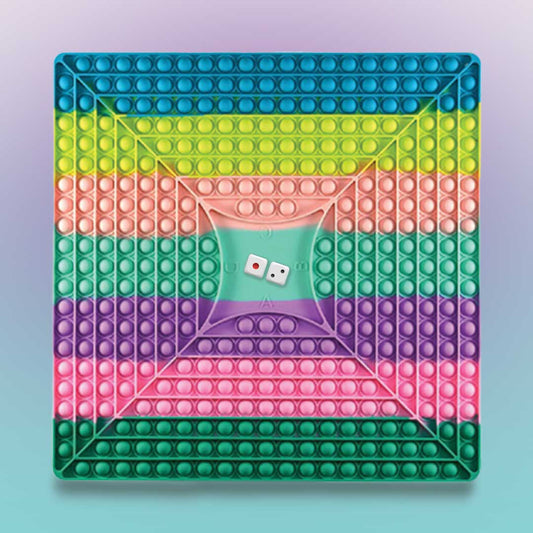The Ultimate Guide to Gifts for Kids with Autism: Secrets Revealed!
Finding the perfect gift for a child with autism can be a challenging yet rewarding experience. With the right approach, you can select gifts that not only bring joy but also support their developmental needs. This comprehensive guide delves into the best gifts for kids with autism, offering insights from experts, parents, and individuals on the spectrum. We will explore various categories of gifts, their benefits, and how they cater to the unique needs of autistic children.
Understanding Autism and Gift Selection
Autism Spectrum Disorder (ASD) is a complex neurobehavioral condition that affects social interaction, communication skills, and behavior. Each child with autism is unique, and their preferences and needs can vary widely. When selecting gifts, it is essential to consider factors such as sensory sensitivities, developmental stage, and individual interests.
Sensory Sensitivities
Many children with autism have sensory processing differences, which means they may be sensitive to certain sounds, sights, smells, tastes, or textures. Sensory-friendly gifts can help reduce sensory overload and provide comfort and engagement.
Developmental Stage
Children with autism may have developmental delays or advanced skills in certain areas. Choosing age-appropriate and developmentally suitable toys can support their growth and learning.
Individual Interests
Understanding the child's interests is crucial in selecting a gift that will be well-received. Whether they enjoy building, music, or imaginative play, aligning the gift with their passions can enhance their engagement and enjoyment.
Categories of Gifts for Kids with Autism
Sensory Toys
Sensory toys provide specific sensory experiences that can either calm or stimulate the brain and body. These toys are beneficial for children with autism, ADHD, and anxiety.
Examples of Sensory Toys
-
USA Toyz Play Tent: This indoor play tent offers a safe space for children to retreat to when experiencing sensory overload. It comes in designs like rocket ship, unicorns, and under-the-sea, inspiring imagination and providing a comfortable play environment (Helpful Professor).
-
Tumaz Wobble Cushion: Wobble cushions with texture give kids sensory input and vestibular input by allowing them to bounce and rock while seated. This can help them stay focused on tasks like schoolwork (Best Products).
-
Fat Brain Toys Gonge Floor Surfer: This ride-on toy keeps kids close to the ground and in control of their movement, providing a soothing yet fun experience (Best Products).
Educational Toys
Educational toys can support the development of motor skills, language, problem-solving, and social interaction. These toys are designed to be engaging and stimulating, making learning fun.
Examples of Educational Toys
-
FIOLOM Jumbo Nuts and Bolts Set: This set is ideal for children aged 3-5 years and helps develop fine motor skills and hand-eye coordination (Helpful Professor).
-
See & Spell Learning Toy: This toy aids in sight-reading and language development, making it a valuable educational tool for children with autism (Mom Junction).
-
Melissa & Doug Farm Sound Puzzle: This puzzle engages auditory senses and encourages hands-on play, supporting cognitive and sensory development (Mom Junction).
Interactive and Social Toys
Interactive toys can help children with autism develop social skills and engage in cooperative play. These toys often involve turn-taking, communication, and teamwork.
Examples of Interactive Toys
-
DIY Sock Puppets: Creating and playing with sock puppets can encourage imaginative play and social interaction. It allows children to express themselves and engage with others in a fun and creative way (The Bump).
-
Teen Talk in a Jar: This gift includes 101 interesting questions to stimulate dialogue and help teens with autism break the ice and start conversations with peers (Autism Parenting Magazine).
-
Personalized Wooden Name Puzzle: This puzzle can be customized with the child's name, making it a personal and engaging gift that supports letter recognition and fine motor skills (Special Learning House).
Comfort and Calming Gifts
Comfort and calming gifts can help children with autism manage stress and anxiety. These gifts often provide sensory input that soothes and relaxes.
Examples of Comfort and Calming Gifts
-
Comfort Wear Ear Muffs: These ear muffs can help reduce noise and provide a sense of calm in noisy environments, making them ideal for children with sensory sensitivities (Autism Parenting Magazine).
-
I Spy Unicorn Bag: This sensory toy is great for playing a calming game, building new vocabulary, and developing receptive language skills. It is also a popular choice due to its unicorn theme (Special Learning House).
-
Professor Pengelly’s Putty: This putty provides fine motor fun and never dries out, making it a great tool for stress relief and sensory engagement (Autism Parenting Magazine).
Physical Activity Toys
Physical activity toys can help children with autism develop gross motor skills, coordination, and balance. These toys encourage movement and physical exercise, which are essential for overall health and well-being.
Examples of Physical Activity Toys
-
Pogo Jumper: This toy provides a fun way for children to engage in physical activity, improving their balance and coordination (The Bump).
-
Gonge Riverstones: These stepping stones help children develop balance and coordination while providing a fun and challenging activity (Mom Junction).
-
Alex Toys Active Play Monkey Balance Board: This balance board is designed to improve physical coordination and balance, making it a great addition to any playroom (Mom Junction).
Expert Insights and Recommendations
Traci Glynn, M.Ed.
Traci Glynn, an expert with an Advanced Graduate Certificate in Autism Studies, emphasizes the importance of adapting toys to accommodate the individual needs of each child. She recommends toys that can be used in various ways to support play skills, social skills, and social-emotional learning (Giftsicle).
Dr. Chris Drew, PhD
Dr. Chris Drew, founder of the Helpful Professor, highlights the value of toys that provide a safe space for children with autism. He recommends the USA Toyz Play Tent for its ability to offer a retreat during sensory overload and inspire imaginative play (Helpful Professor).
Dr. Paige Siper, PhD
Dr. Paige Siper, chief psychologist at the Seaver Autism Center for Research and Treatment, reminds us that simple items like Play-Doh, kinetic sand, or stickers can be great for children with autism. These toys provide sensory input and stimulation, which are beneficial for all children (Healthline).
Conclusion
Selecting the perfect gift for a child with autism requires thoughtful consideration of their unique needs and preferences. Sensory toys, educational toys, interactive and social toys, comfort and calming gifts, and physical activity toys all offer valuable benefits. By understanding the child's sensory sensitivities, developmental stage, and individual interests, you can choose gifts that bring joy, support development, and enhance their overall well-being.





